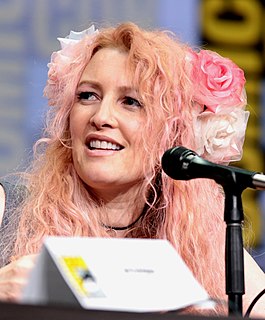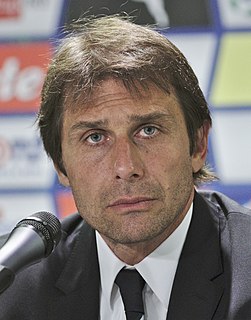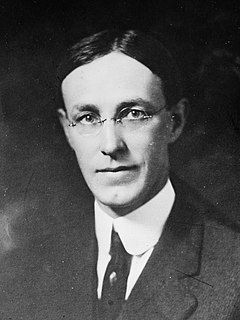A Quote by Idra Novey
What is the task of the translator? I think the task depends on the book and on the translator.
Quote Topics
Related Quotes
The translator has to be a good writer. The translator has to hear music too. And it might not be exactly your music because the translator needs to translate the music. And so, that is what you are hoping for: a translator who gets what you are doing but who also gets all the ways in which it won't work in the new language.
The impresario functions as a bridge and a translator. He or she is a bridge between the creative point of view - which is often very focused on the creative task itself - and the resource-allocation process. The impresario has to make certain the funds and people required to get that task completed are available.
To me a translator is very, very important. If the fixer is also the translator, so much the better. I have known photographers who didn't speak the language and would work in a place for weeks without one, getting by on common sense and smiles. But how many situations did they miss because they couldn't talk to someone and get the back story on details, small daily life things, etc.





































